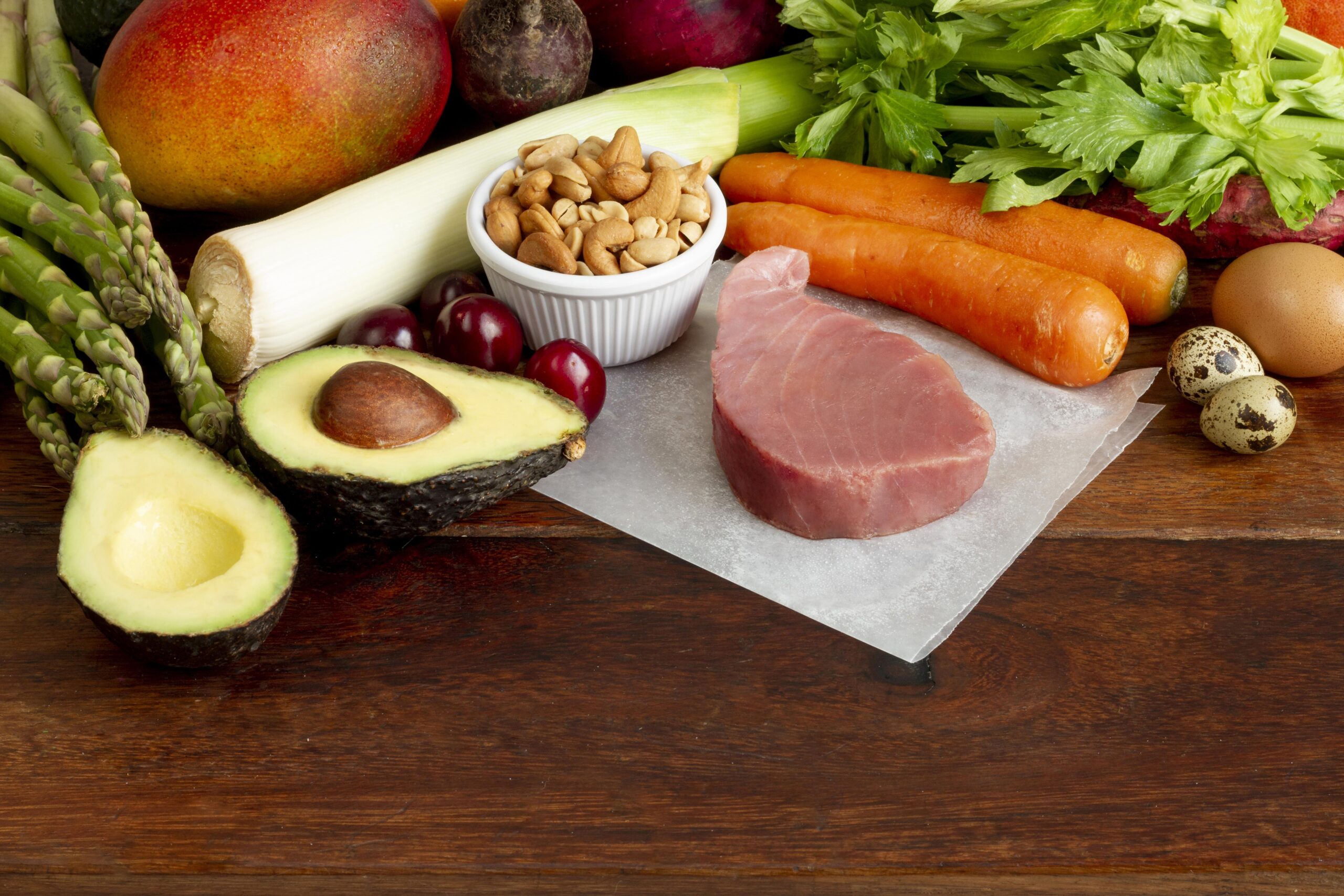In the pursuit of physical fitness, build muscle stands as a cornerstone goal for many individuals. Whether you’re an athlete looking to enhance performance or someone aiming to improve overall health, understanding the intricacies of muscle growth is crucial. This article delves into the essential strategies for effective muscle building, encompassing everything from workout routines and nutrition to recovery and lifestyle adjustments. By mastering these elements, you can optimize your muscle-building journey and achieve lasting results.
Understanding Muscle Growth
Muscle growth, or hypertrophy, occurs when muscle fibers are subjected to stress, leading to microscopic damage. The body responds by repairing these fibers, resulting in increased muscle size and strength. Key factors that influence muscle growth include resistance training, nutrition, and recovery.
The Science Behind Hypertrophy
Hypertrophy is driven by two primary mechanisms: mechanical tension and metabolic stress. Mechanical tension is created through resistance training, which applies force to muscles. Metabolic stress, on the other hand, results from the accumulation of metabolites during exercise, stimulating muscle growth.
Effective Workout Routines
To build muscle effectively, it is essential to design a workout routine that targets all major muscle groups while allowing for adequate recovery. Consider the following components:
Resistance Training
Resistance training is the cornerstone of any muscle-building program. It involves lifting weights or using resistance bands to challenge muscles. Key principles include:
- Progressive Overload: Gradually increasing the weight or resistance over time to continually challenge the muscles.
- Compound Exercises: Incorporating multi-joint movements like squats, deadlifts, and bench presses to engage multiple muscle groups simultaneously.
- Isolation Exercises: Focusing on specific muscles with exercises like bicep curls or tricep extensions to enhance muscle definition.
Workout Split
A workout split divides training sessions into different muscle groups on different days. Common splits include:
- Push/Pull/Legs: Dividing workouts into pushing exercises (chest, shoulders, triceps), pulling exercises (back, biceps), and leg exercises.
- Upper/Lower Split: Alternating between upper body and lower body workouts.
- Full-Body Workouts: Engaging all major muscle groups in each session, typically performed 2-3 times per week.
Nutrition for Muscle Building
Nutrition plays a critical role in supporting muscle growth. A balanced diet rich in protein, carbohydrates, and fats is essential to fuel workouts and promote recovery.
Protein: The Building Block
Protein is crucial for muscle repair and growth. Aim for a daily intake of 1.6 to 2.2 grams per kilogram of body weight. Sources include:
- Lean Meats: Chicken, turkey, and lean beef.
- Fish: Salmon, tuna, and other fatty fish rich in omega-3 fatty acids.
- Plant-Based Proteins: Lentils, chickpeas, and tofu for vegetarians and vegans.
Carbohydrates and Fats
Carbohydrates provide the energy needed for intense workouts. Opt for complex carbohydrates like whole grains, fruits, and vegetables. Healthy fats, found in avocados, nuts, and olive oil, support hormone production and overall health.
Hydration and Supplements
Staying hydrated is vital for optimal performance and recovery. Additionally, supplements like creatine, beta-alanine, and BCAAs can enhance muscle growth and exercise performance when used appropriately.
Recovery and Rest
Recovery is an often-overlooked aspect of muscle building. Adequate rest allows the body to repair and strengthen muscle fibers.
Sleep and Rest Days
Prioritize 7-9 hours of sleep per night to support recovery and muscle growth. Incorporate rest days into your routine to prevent overtraining and reduce the risk of injury.
Active Recovery
Engage in light activities like walking, yoga, or swimming on rest days to promote blood circulation and aid in recovery without placing excessive stress on the muscles.
Lifestyle Adjustments
Beyond training and nutrition, lifestyle factors significantly impact muscle-building success.
Consistency and Patience
Consistency in training and nutrition is key to achieving long-term results. Understand that muscle growth takes time and requires patience and dedication.
Stress Management
Chronic stress can hinder muscle growth by increasing cortisol levels, which break down muscle tissue. Incorporate stress-reduction techniques such as meditation, deep breathing, or hobbies that bring joy and relaxation.
Conclusion: Achieving Your Muscle-Building Goals
Building muscle is a multifaceted process that requires a strategic approach encompassing effective workouts, proper nutrition, and ample recovery. By understanding and implementing these principles, you can maximize your gains and reach your fitness goals. Stay committed, stay informed, and embrace the journey to a stronger, healthier you.











